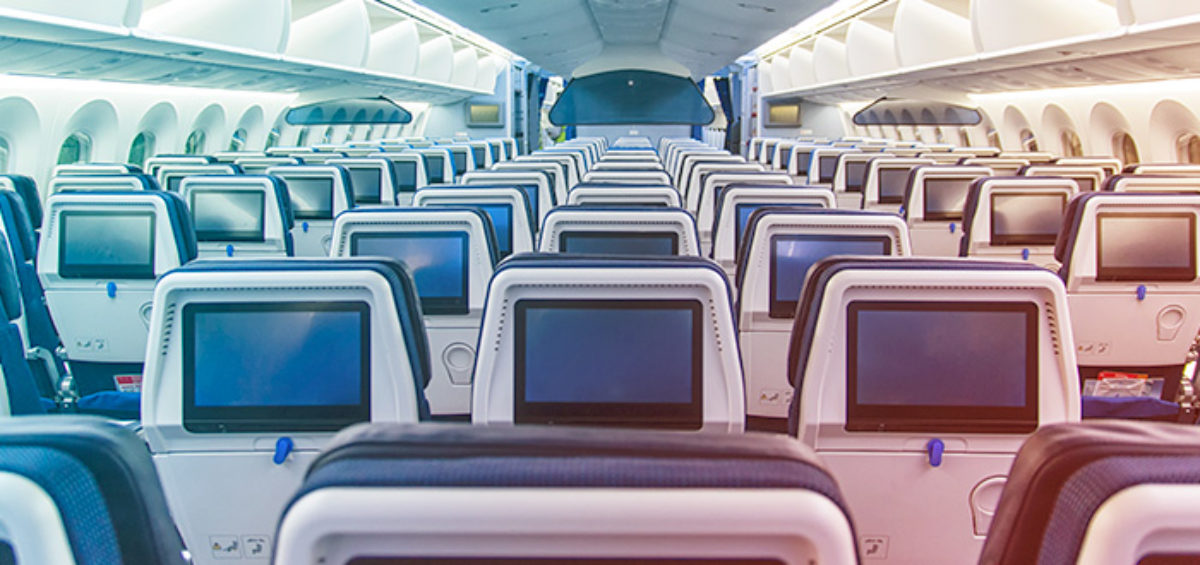
A new study explored the airlines that most likely to bump passengers from flights: a process the industry calls involuntarily denied boarding (IDB), or airline bumps.
Using solid industry data from 2018, and in light of the effects of the Boeing 737 MAX Aircraft grounding controversy, the final results announced by Upgraded Points were a bit surprising.
"Airline bumps are a common concern feared by many passengers," said Upgraded Points founder Alex Miller. "So, we thought it would be a good idea to look at just how often it actually happens, and which of the airlines were the biggest culprits. Airline bumps are just a part of the reality of air travel; we all accept that risk whenever we buy our tickets. But our study found that there are statistically higher chances of bumps with certain airlines over others. And that's good information for travelers to have before they purchase their tickets this holiday season."
The study looked at current data released by the Bureau of Transportation Statistics, which keeps detailed airline-related statistics on a variety of topics for each full year. Upgraded Points looked at the year-over-year change in both voluntary and involuntary denied boardings from the top U.S. airlines to see which have the highest number of bumped passengers. These numbers represent the number of IDBs per 100,000 passengers, per airline. Some results from the study are included below.

Airlines Most Likely to Bump Passengers
Just looking at the raw number of passengers bumped is not always the most accurate way to calculate which airline is more likely to bump its passengers. For instance, although American Airlines and Southwest Airlines have the highest number of actual bumped passengers, their volume of enplaned passengers is rather high altogether. This then places passengers' overall changes of being bumped by American and Southwest as statistically low.
Only 1.95 American Airlines passengers were bumped for every 100,000 who traveled in 2018. Southwest bumped only 1.5 passengers during the same time period. In contrast: Spirit Airlines had the highest number of IDBs based on raw data, but due to their higher volume of passengers, their ratio of bumped passengers is still better than other carriers, like Frontier Airlines.
The highest IDBs based on passengers bumped and overall volume of passengers is Frontier Airlines, by a significant margin. Based on the data, Frontier bumped 6.28 passengers per 100,000. Some of the raw data analyzed for the top 4 worst airlines for bumping passengers is below:
- Frontier Airlines: 6.28 passengers per 100K; 1,219 total IDBs for 2018.
- Spirit Airlines: 5.57 passengers per 100K; 1,529 total IDBs for 2018.
- Alaska Airlines: 2.30 passengers per 100K; 743 total IDBs for 2018.
- PSA Airlines: 2.29 passengers per 100K; 309 total IDBs for 2018.
Those airlines that are the least likely to inconvenience passengers with IDBs are also explored in the Upgraded Points study.
The Boeing 737 MAX Aircraft Grounding
Generally speaking, getting bumped is becoming less common for airlines. Rates peaked in 2016 and early 2017, though there was a significant drop in late 2017. With the grounding of the Boeing 737 MAX Aircraft in March of 2019 however, there was a great influx of overbooking that resulted in an almost doubled rate of bumps in the first half of 2019.

Please visit the Upgraded Points study to see this information and its effects on the airlines in detail. Upgraded Points regularly produces such studies as a public service for its customers and future travelers. To see the complete study, please visit HERE.